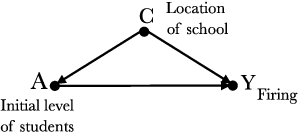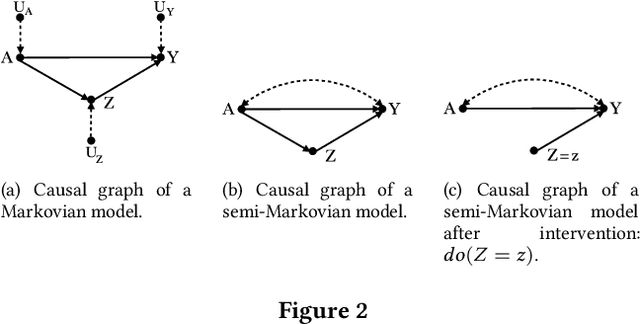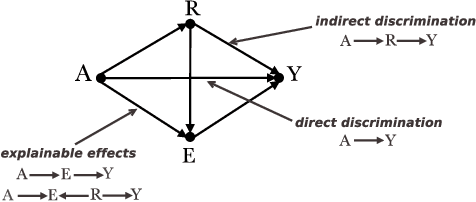Survey on Causal-based Machine Learning Fairness Notions
Paper and Code
Oct 25, 2020



Addressing the problem of fairness is crucial to safely use machine learning algorithms to support decisions with a critical impact on people's lives such as job hiring, child maltreatment, disease diagnosis, loan granting, etc. Several notions of fairness have been defined and examined in the past decade, such as, statistical parity and equalized odds. The most recent fairness notions, however, are causal-based and reflect the now widely accepted idea that using causality is necessary to appropriately address the problem of fairness. This paper examines an exhaustive list of causal-based fairness notions, in particular their applicability in real-world scenarios. As the majority of causal-based fairness notions are defined in terms of non-observable quantities (e.g. interventions and counterfactuals), their applicability depends heavily on the identifiability of those quantities from observational data. In this paper, we compile the most relevant identifiability criteria for the problem of fairness from the extensive literature on identifiability theory. These criteria are then used to decide about the applicability of causal-based fairness notions in concrete discrimination scenarios.
 Add to Chrome
Add to Chrome Add to Firefox
Add to Firefox Add to Edge
Add to Edge